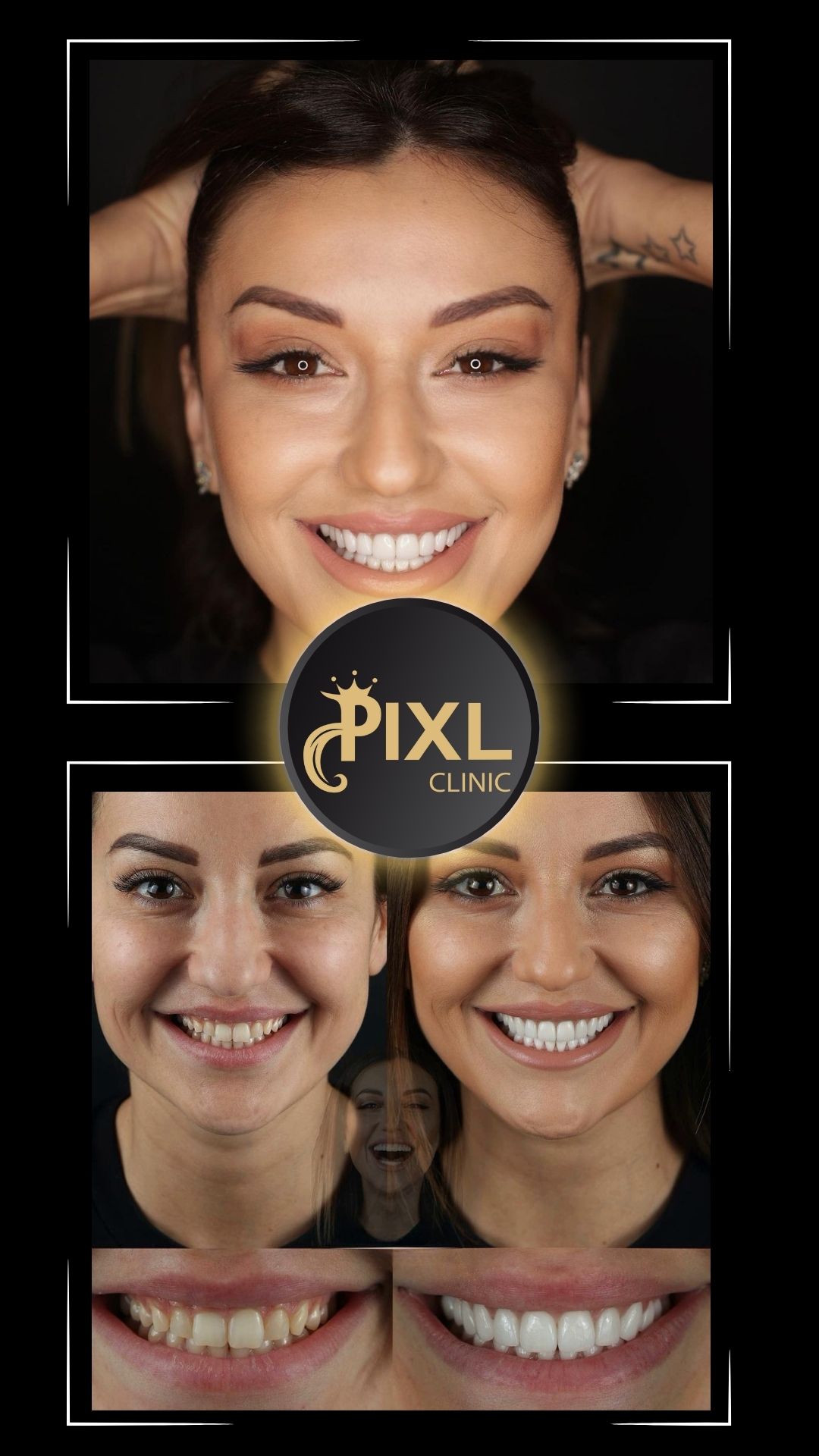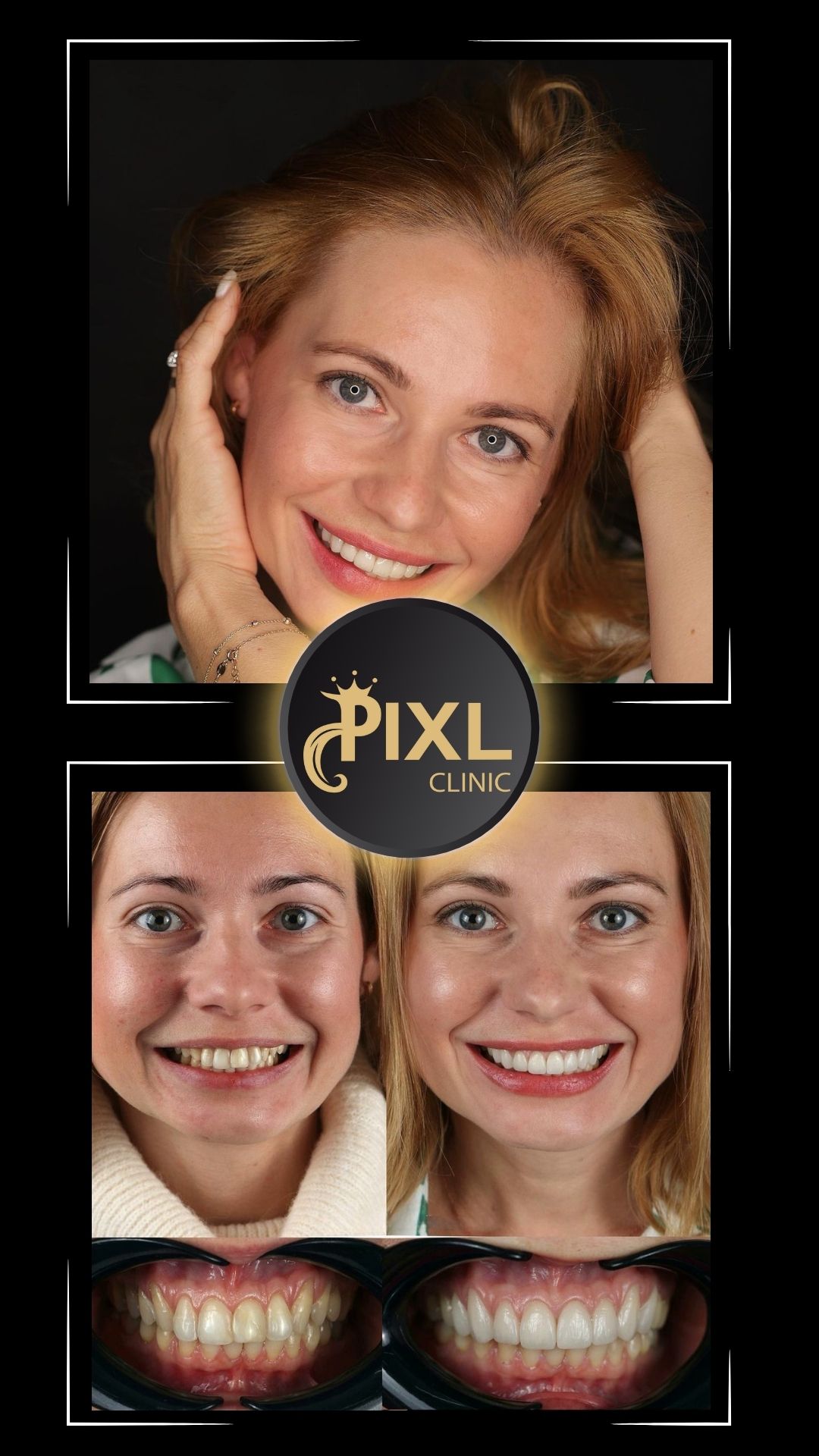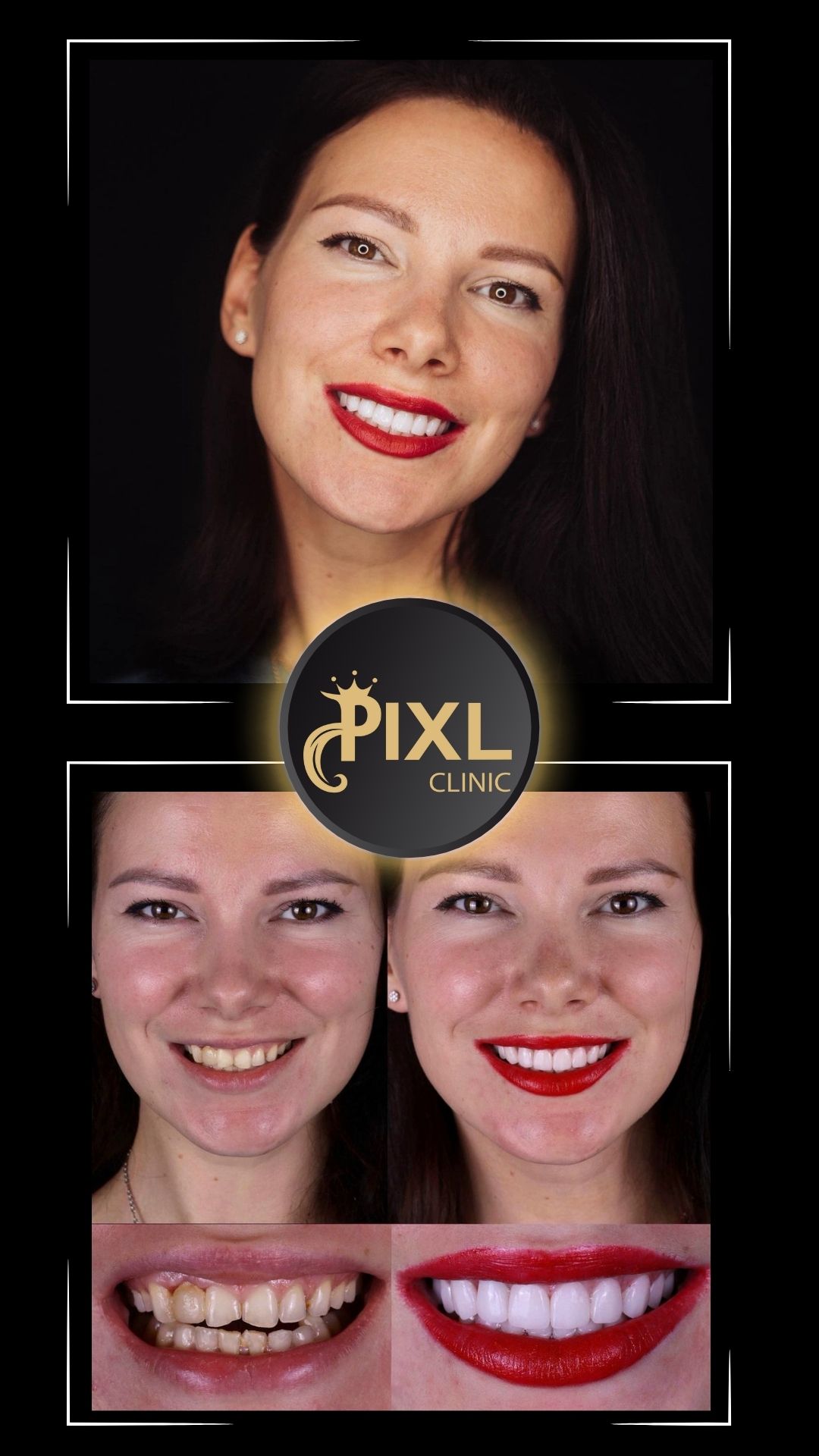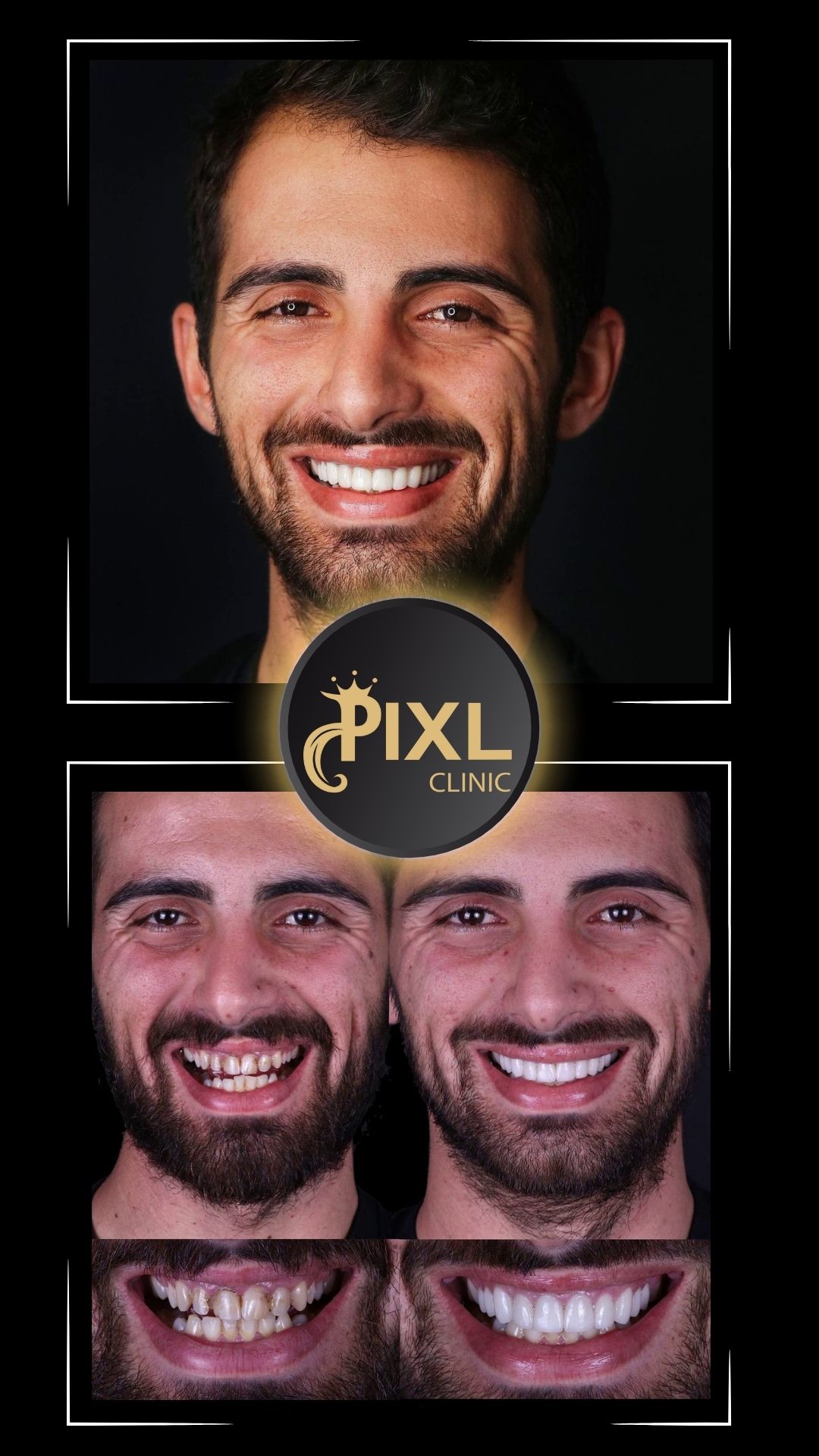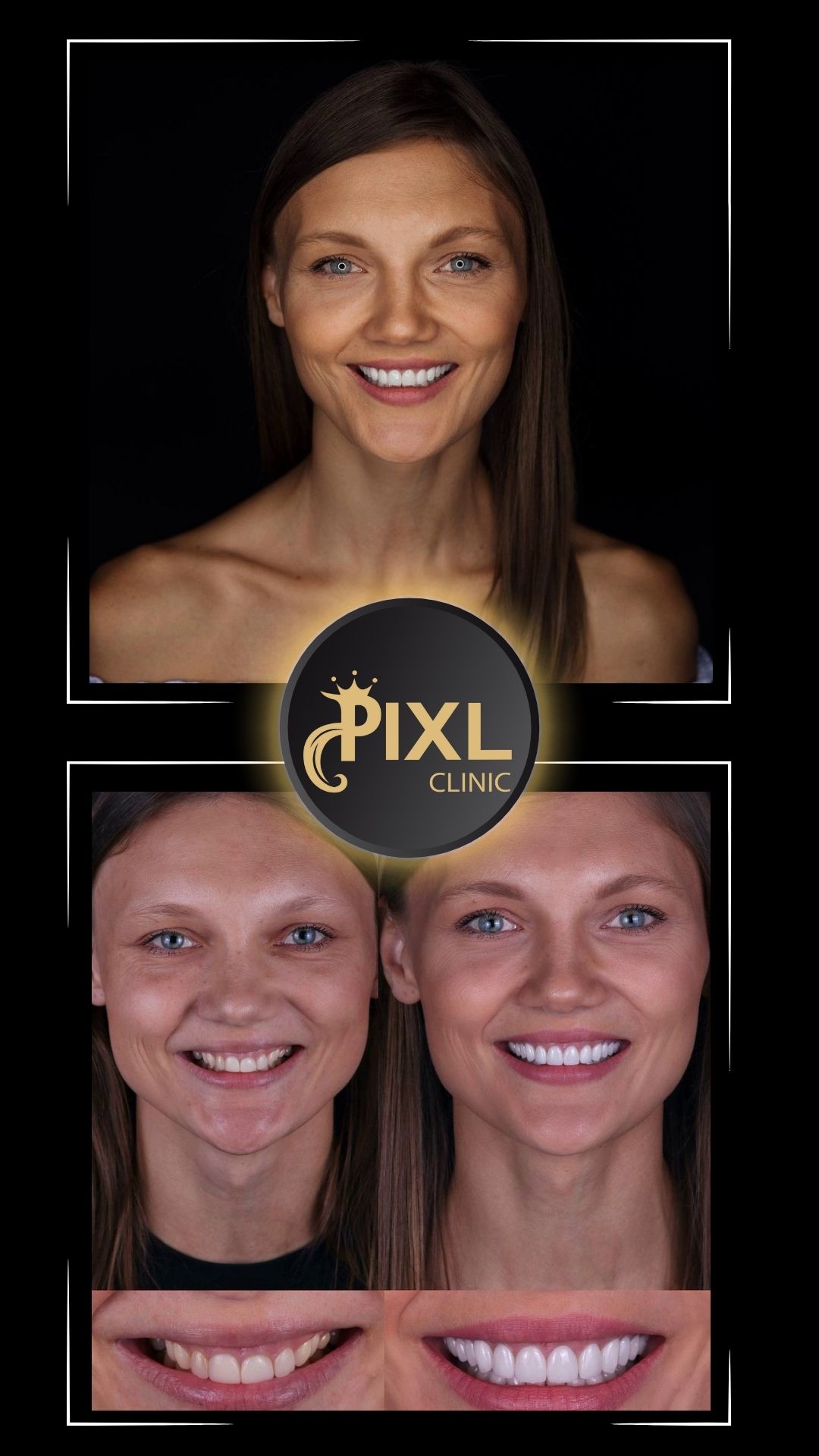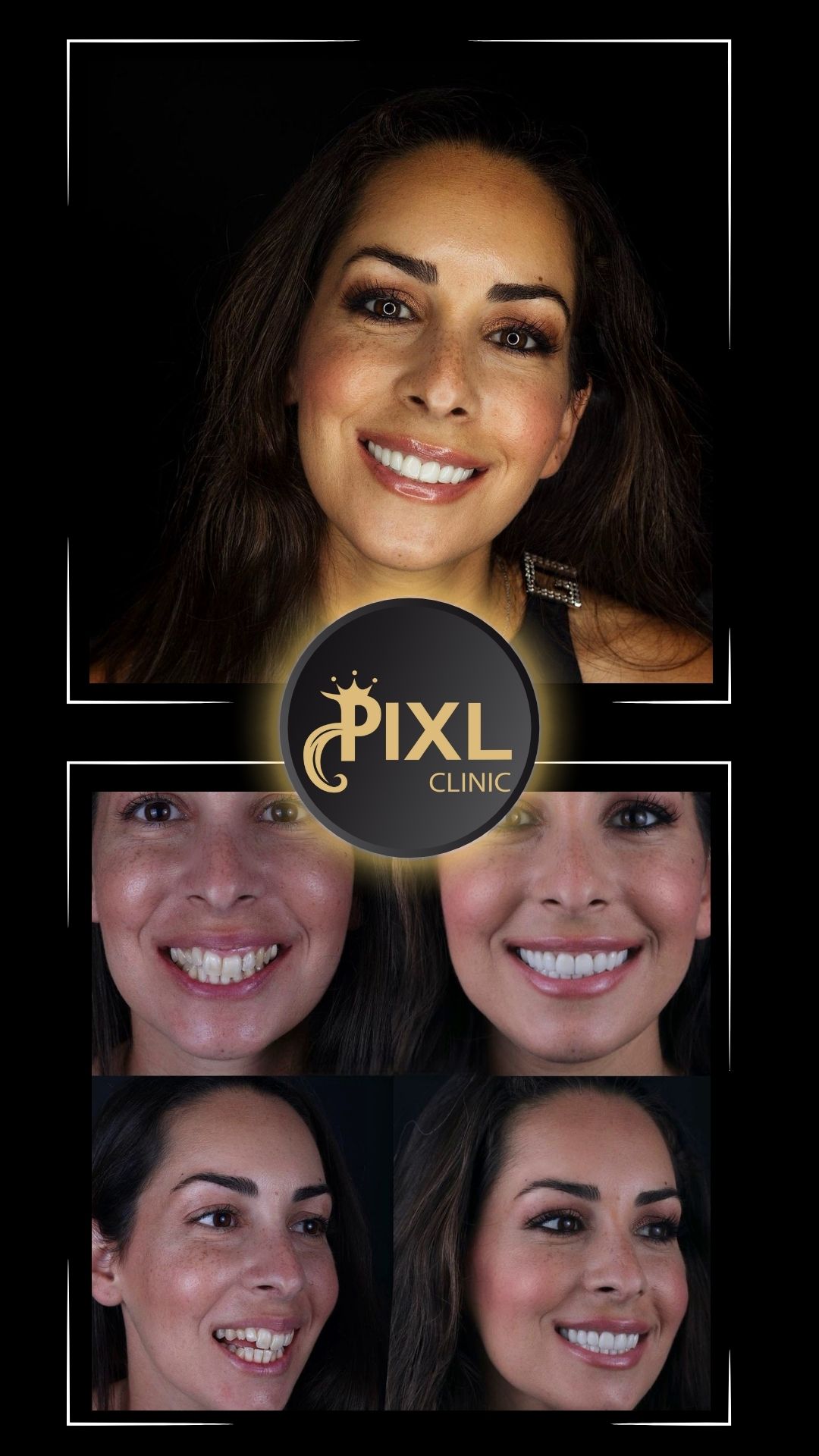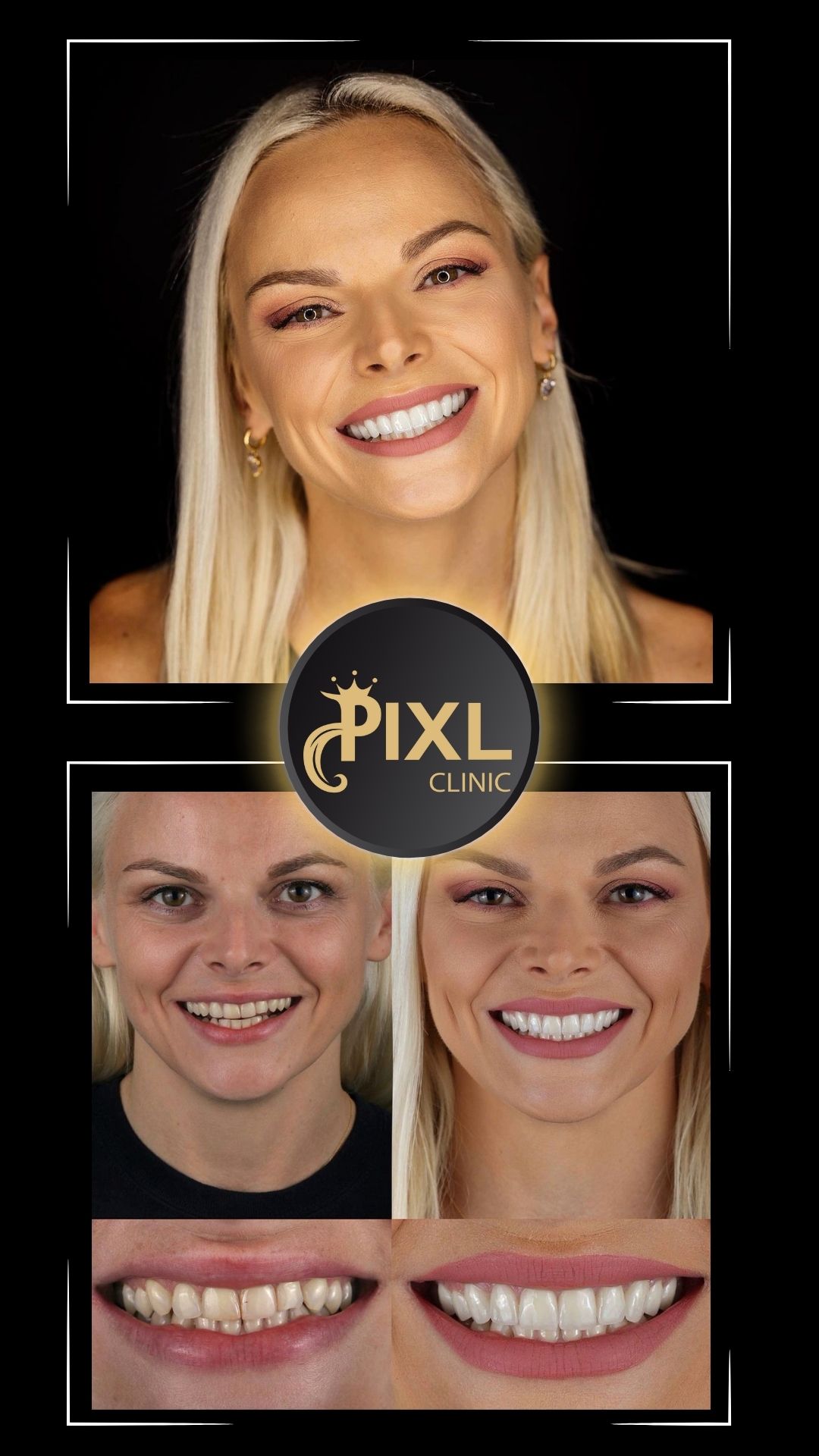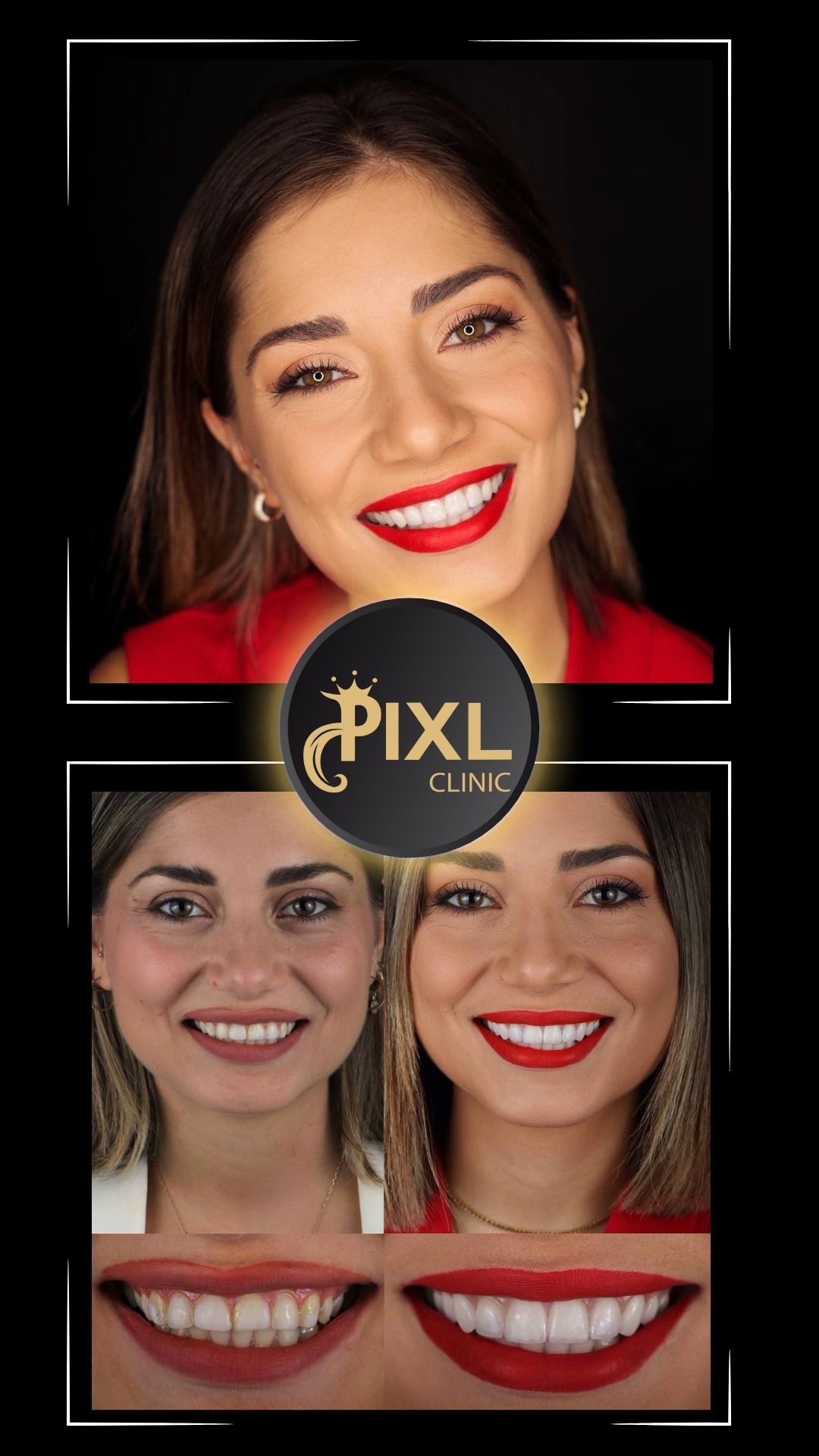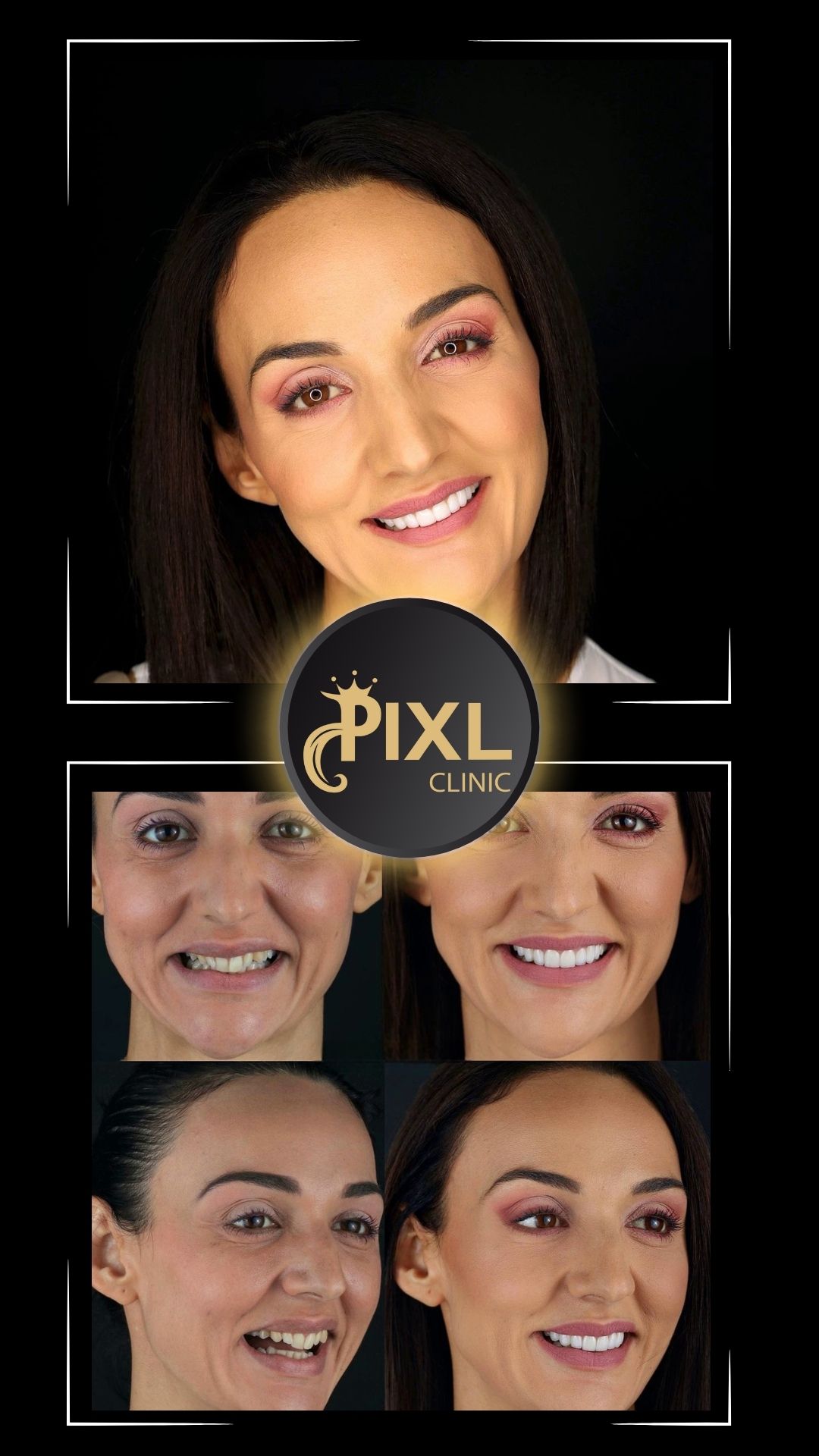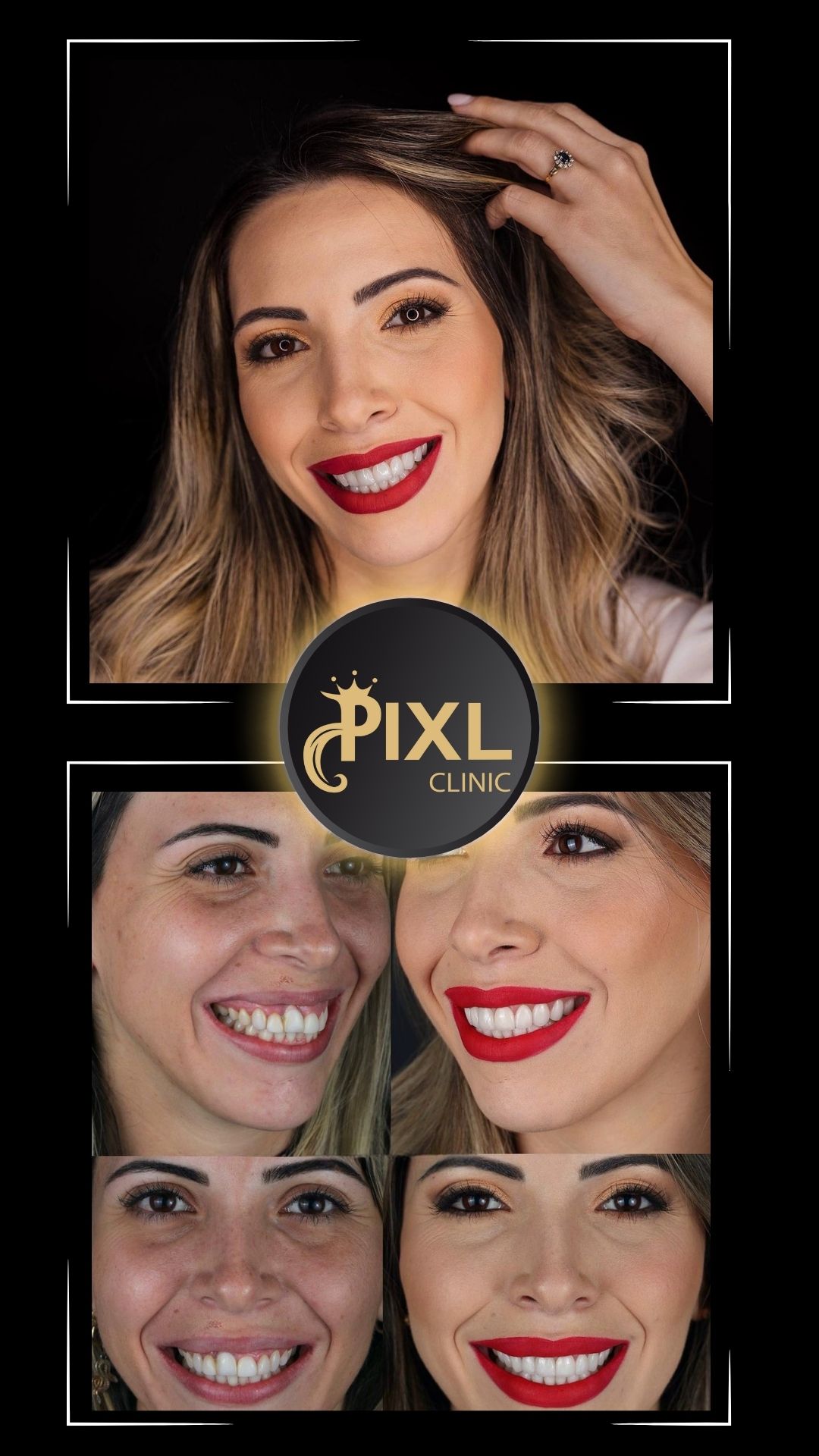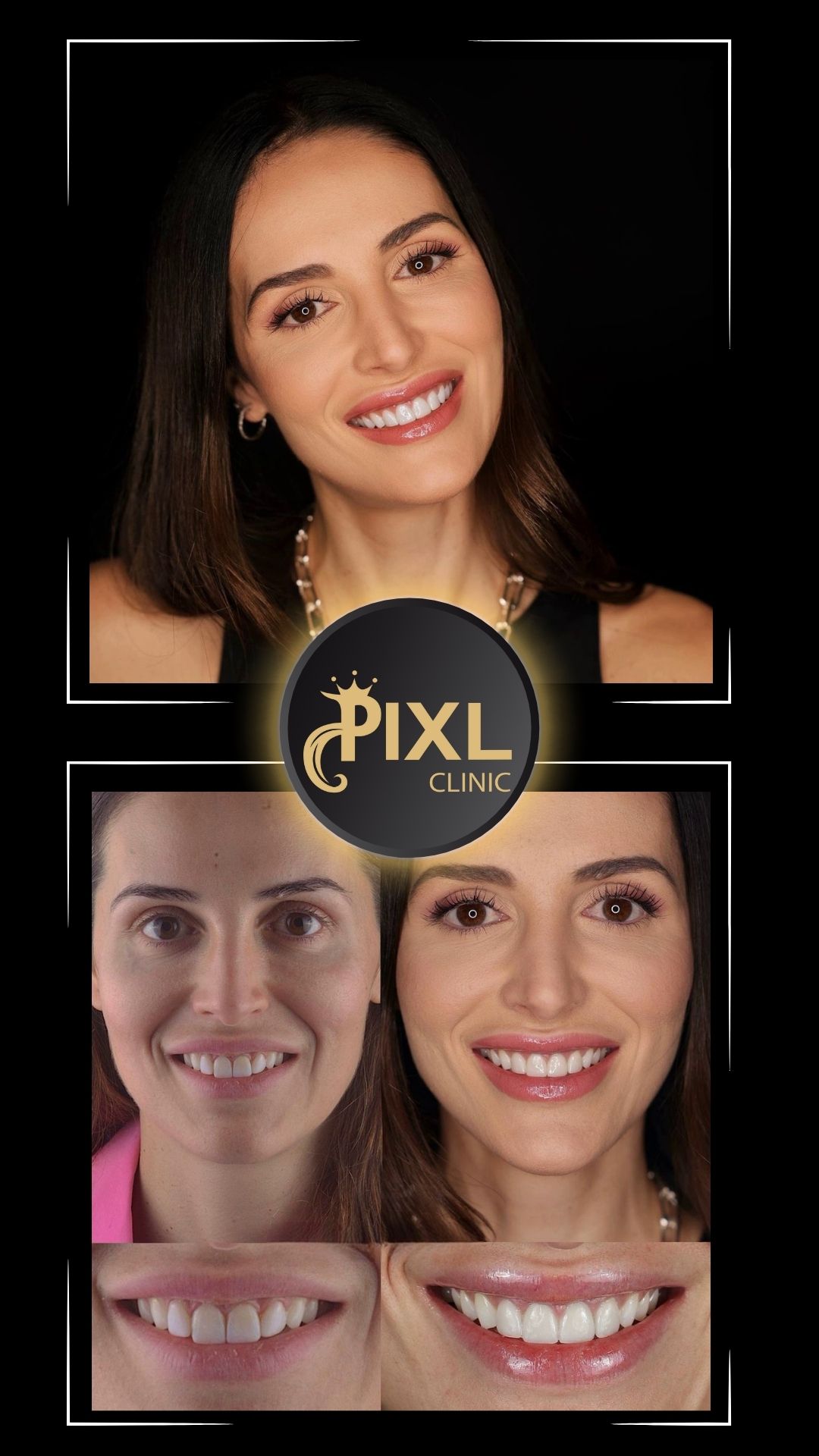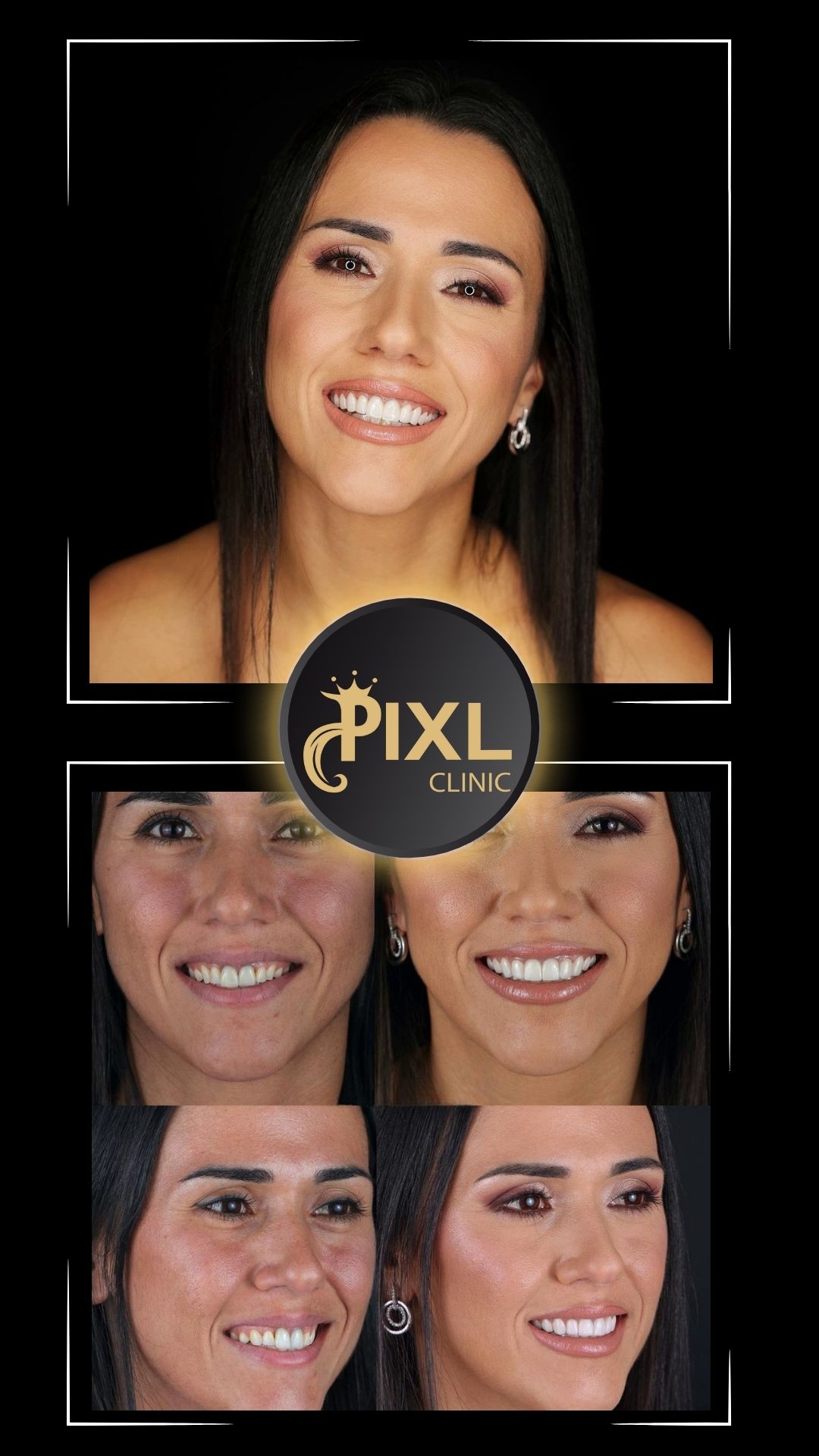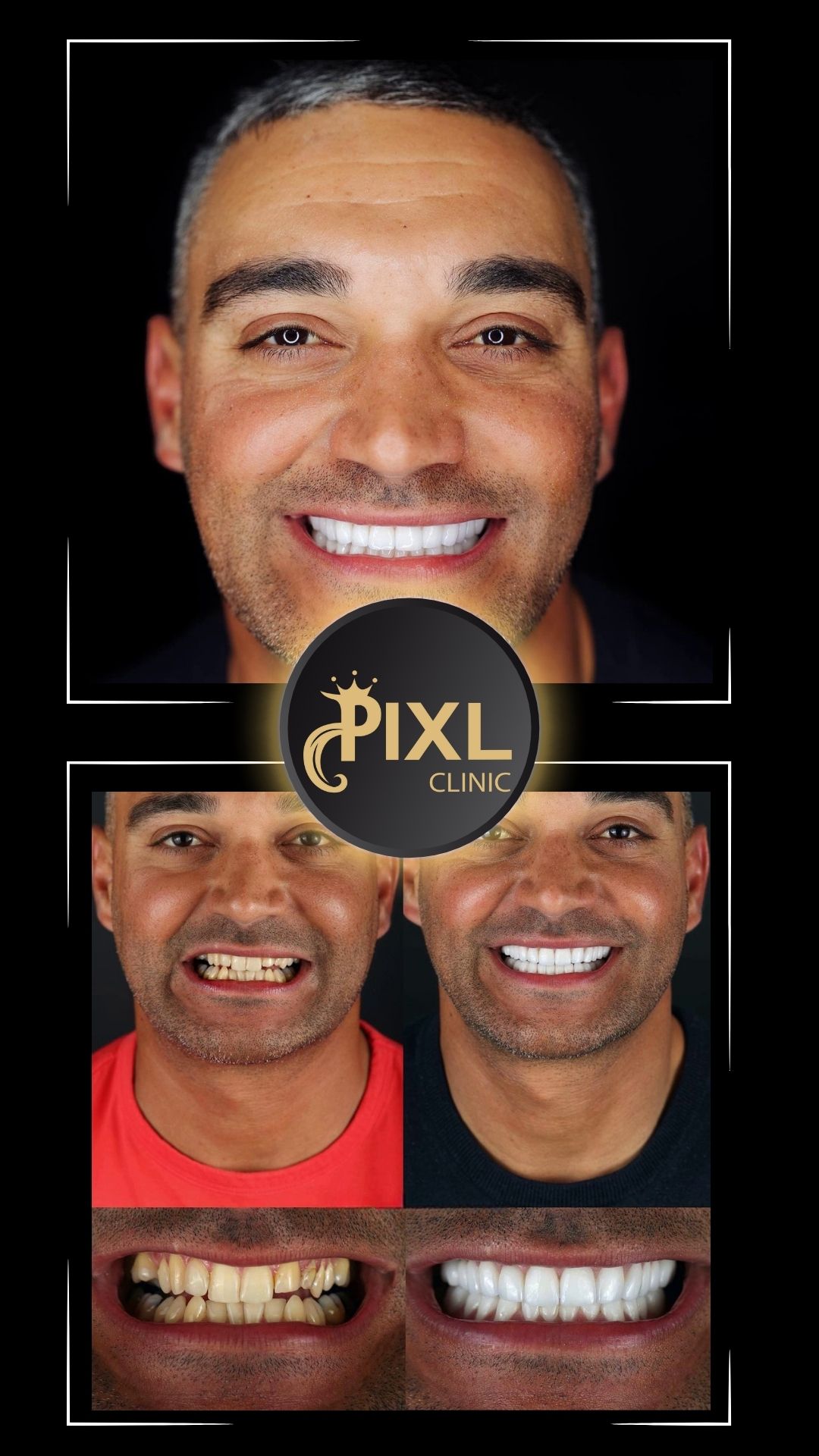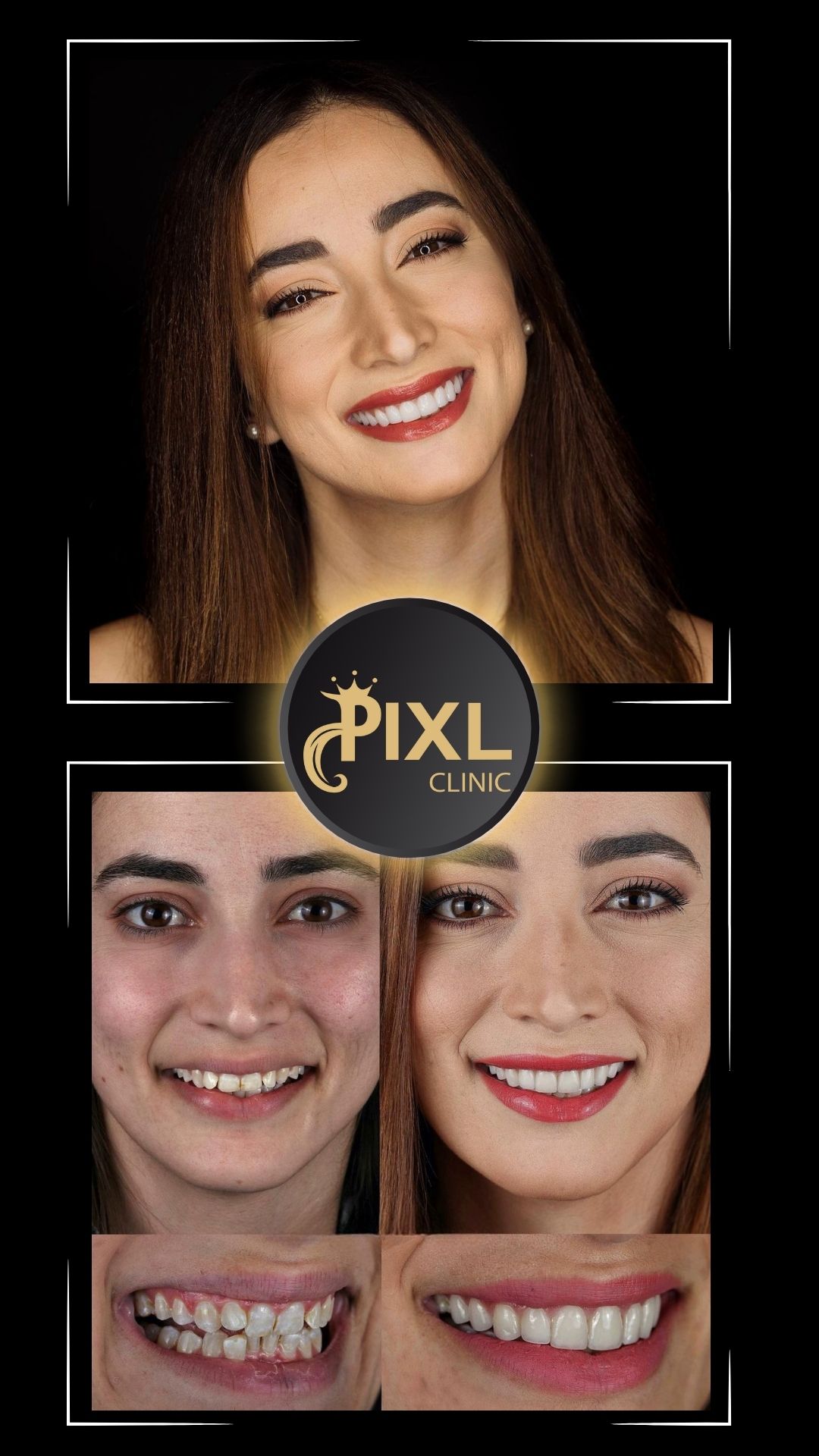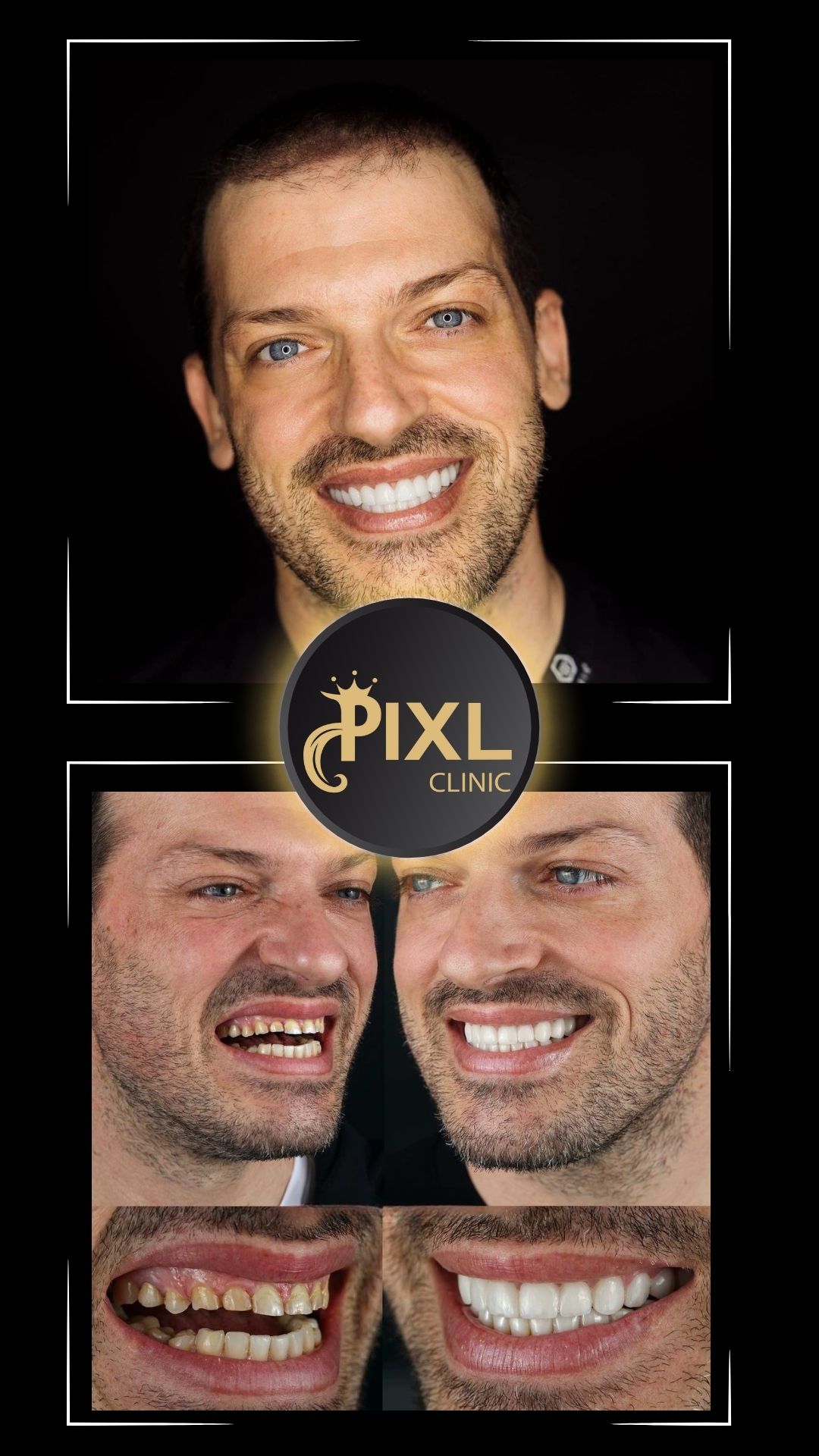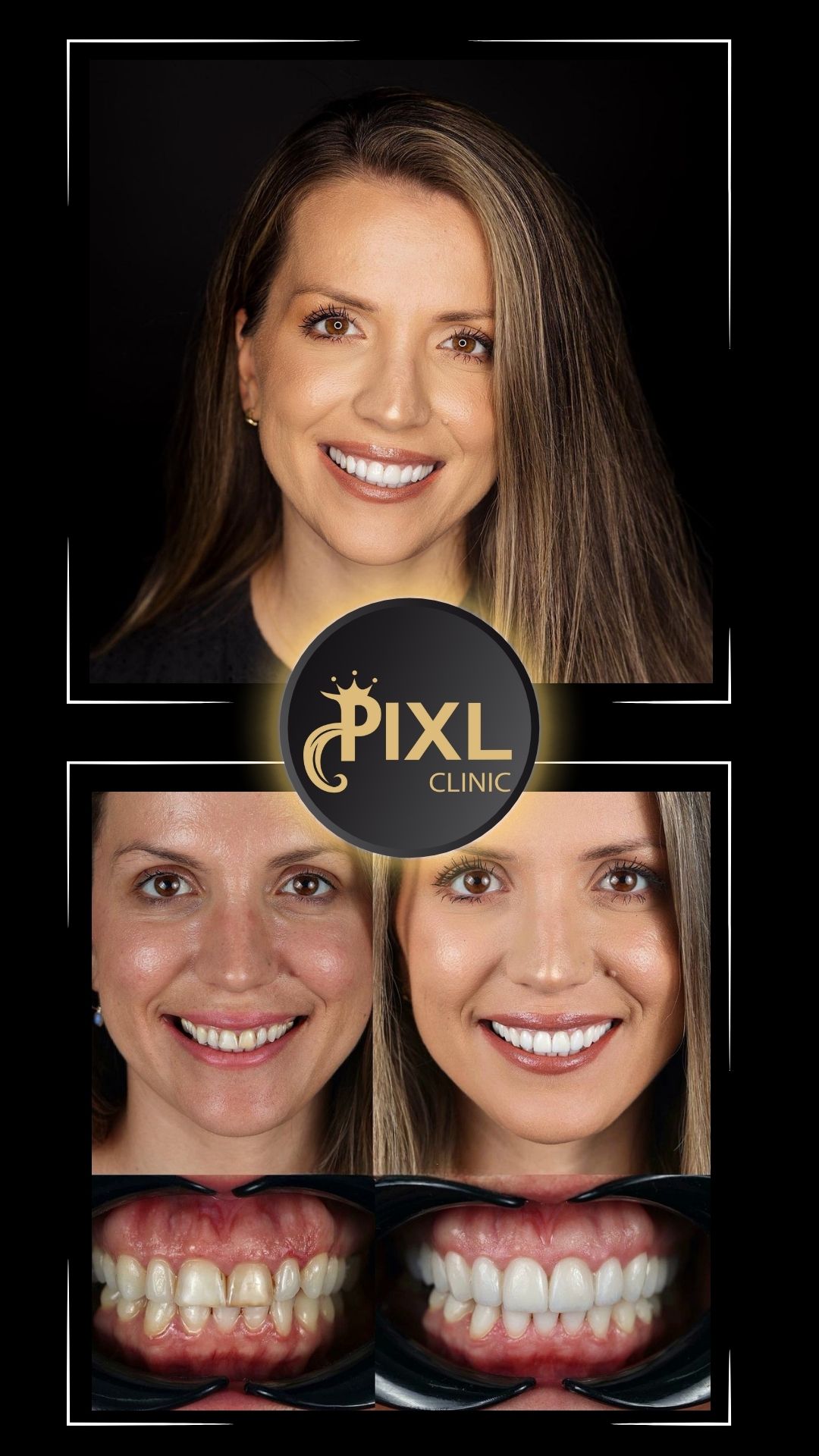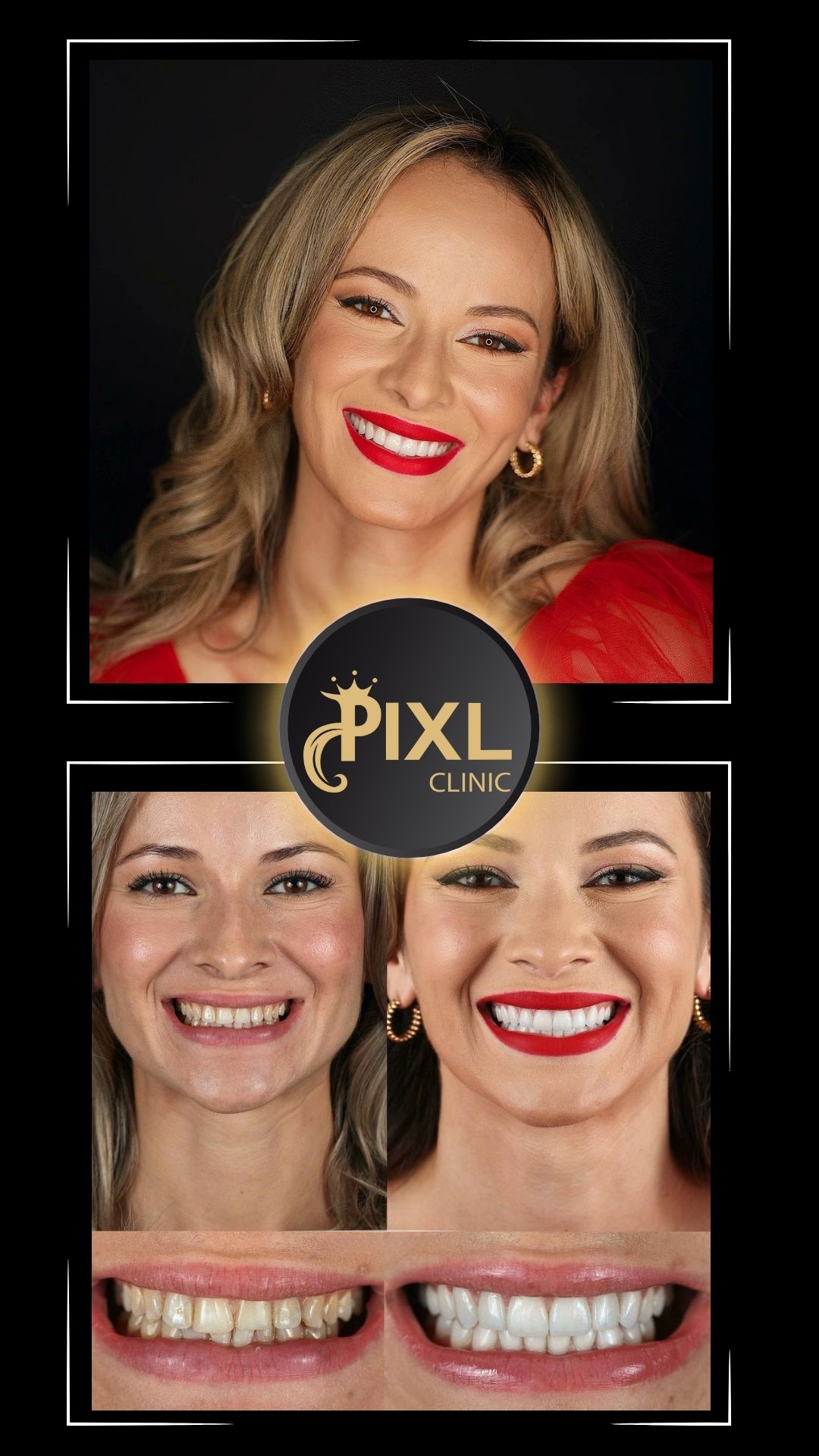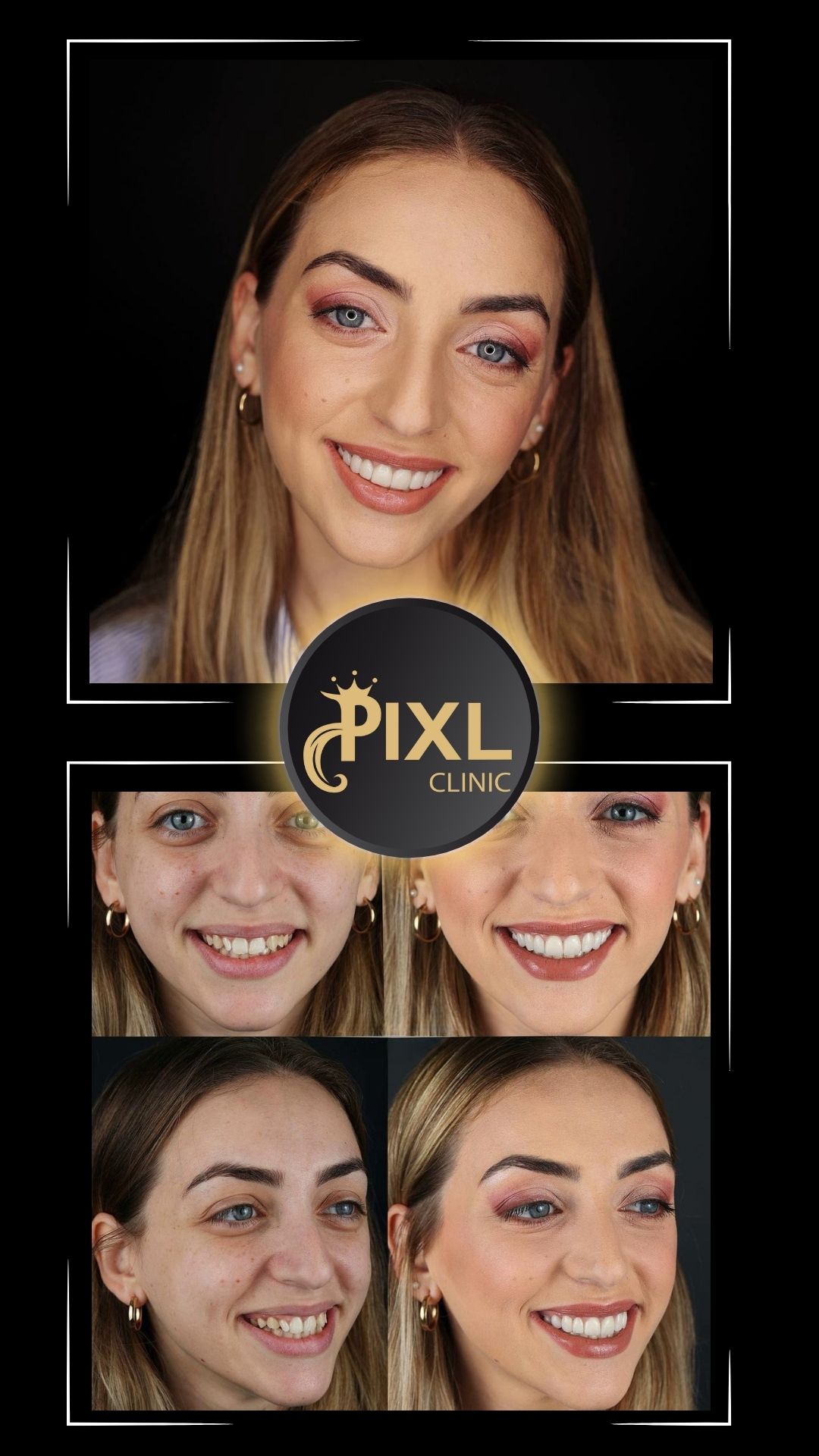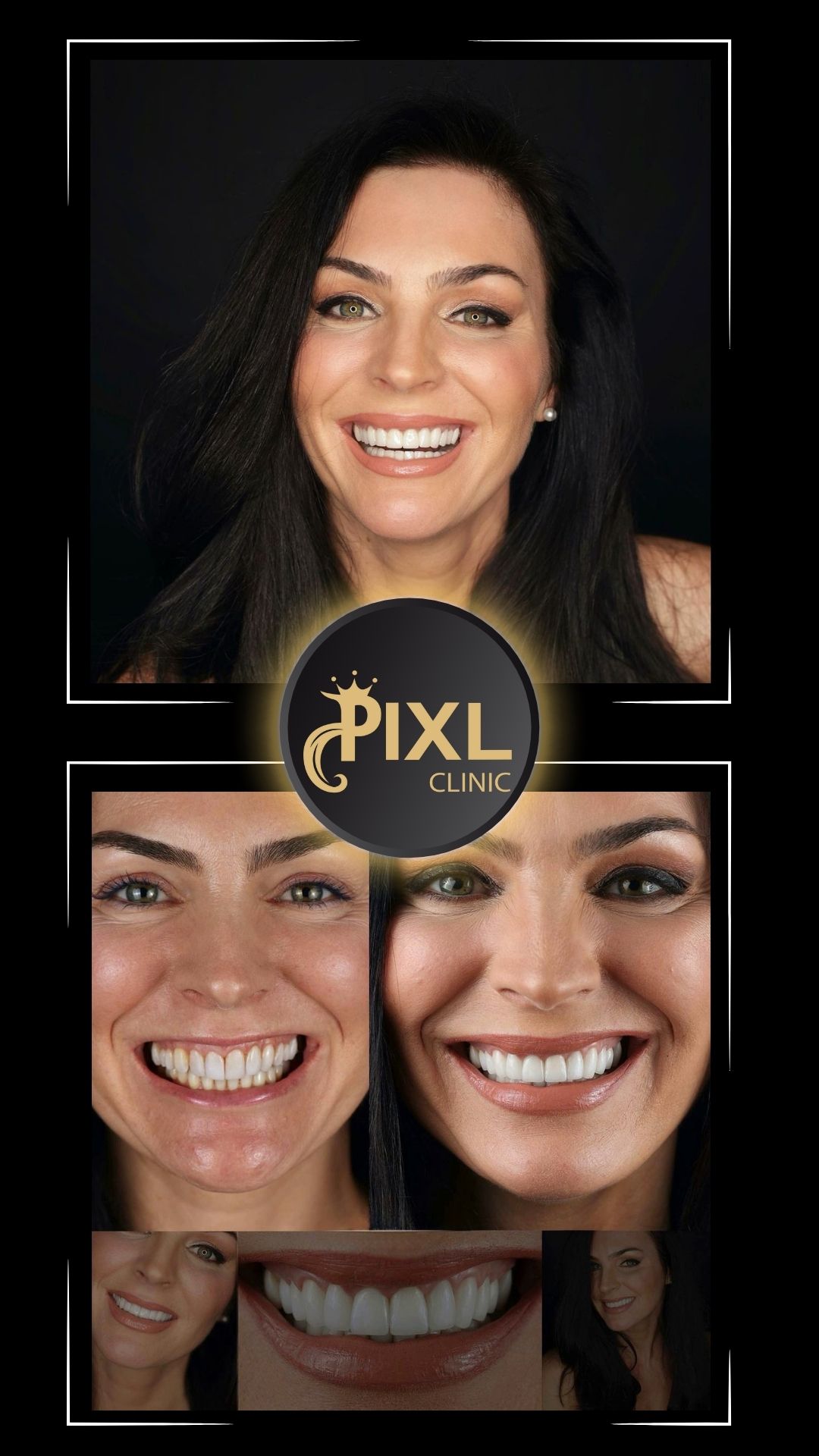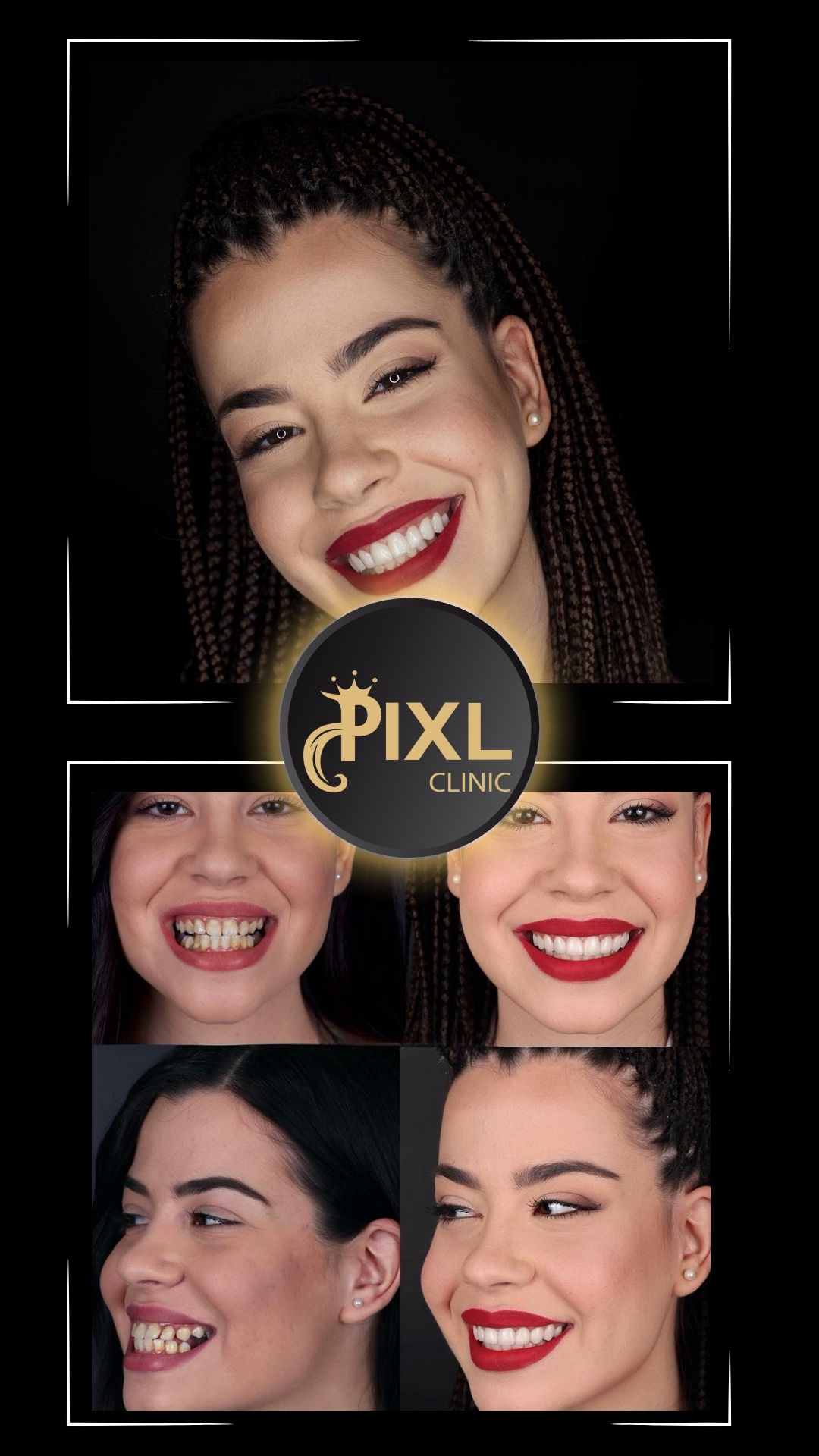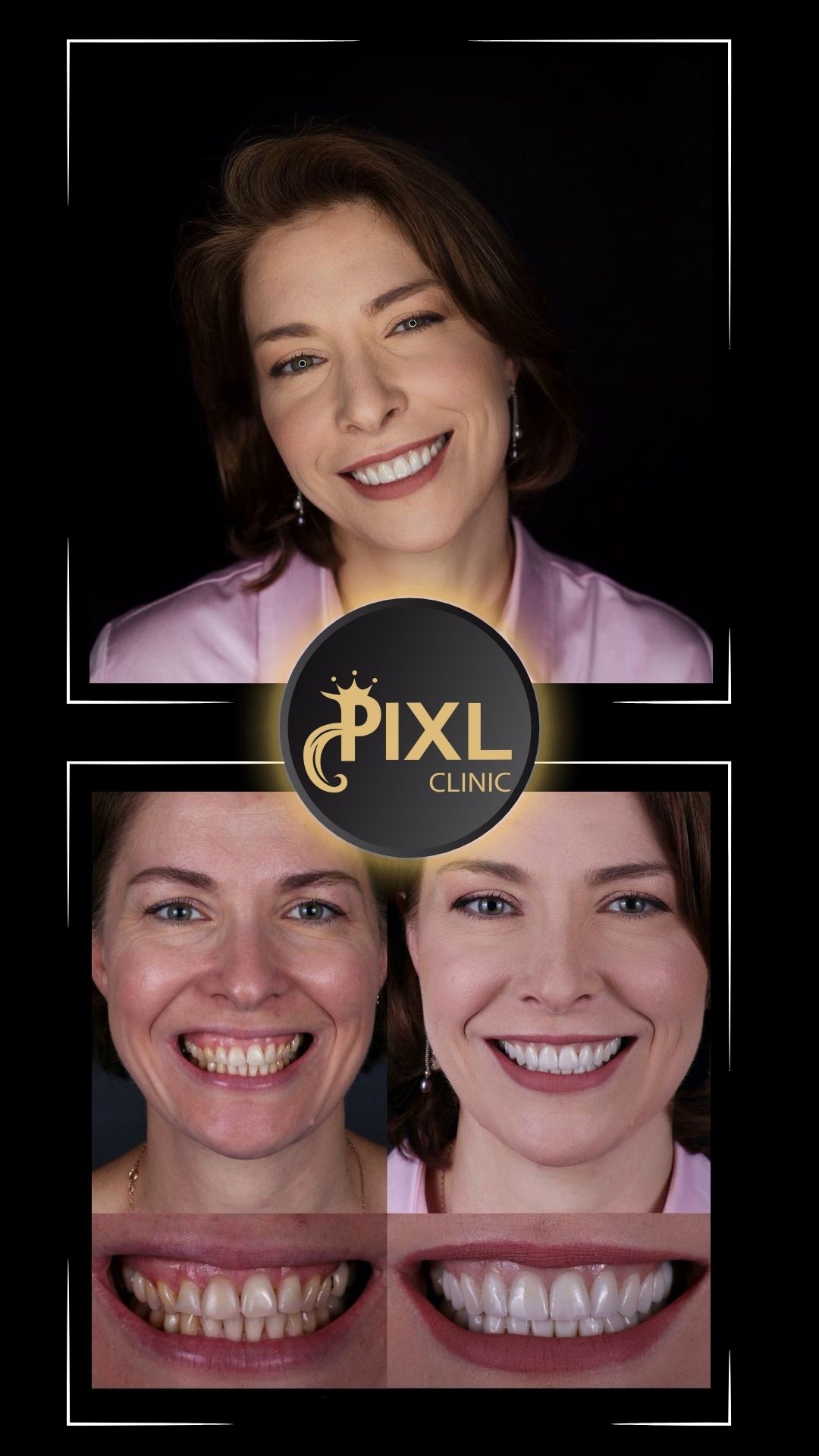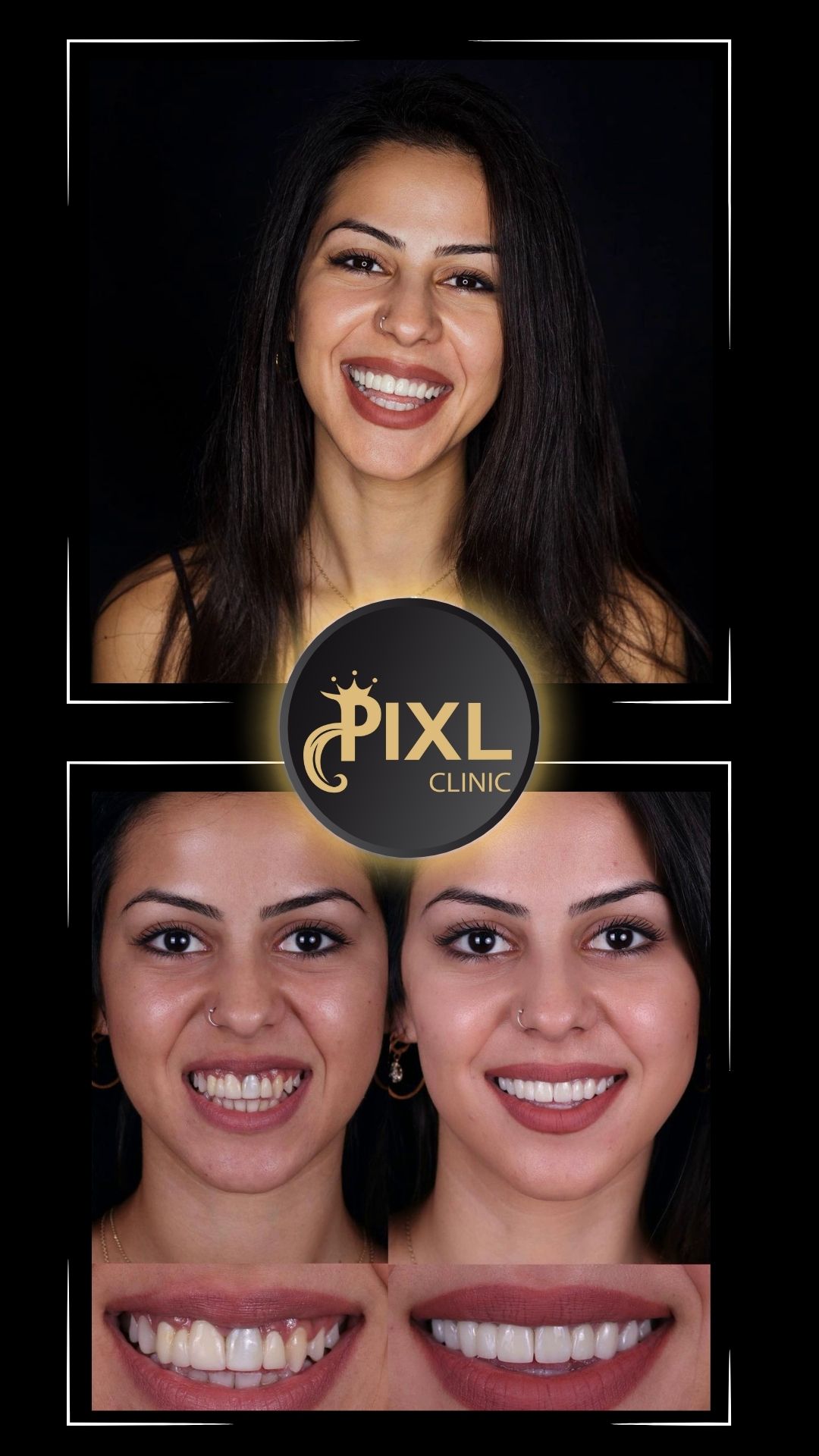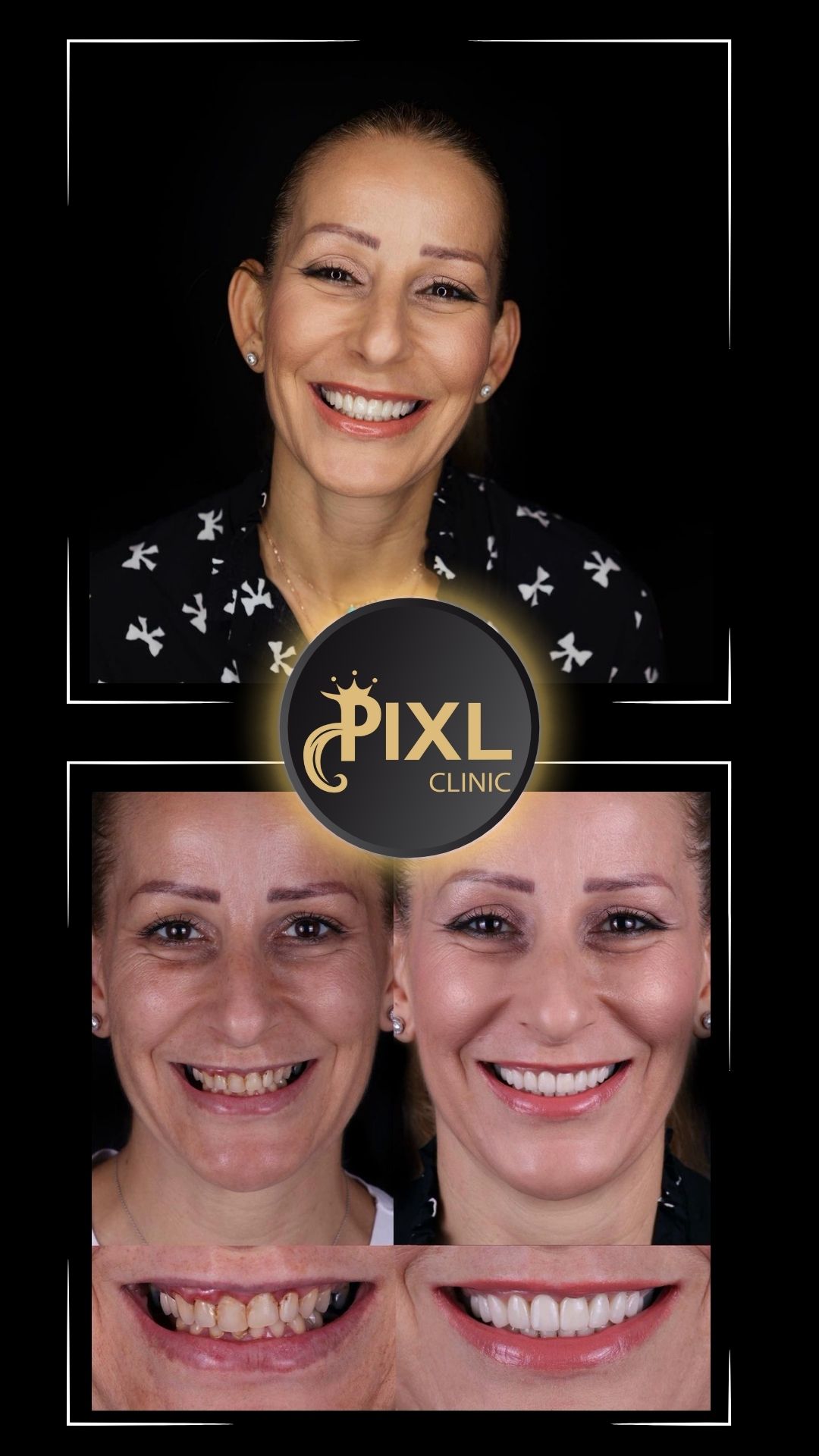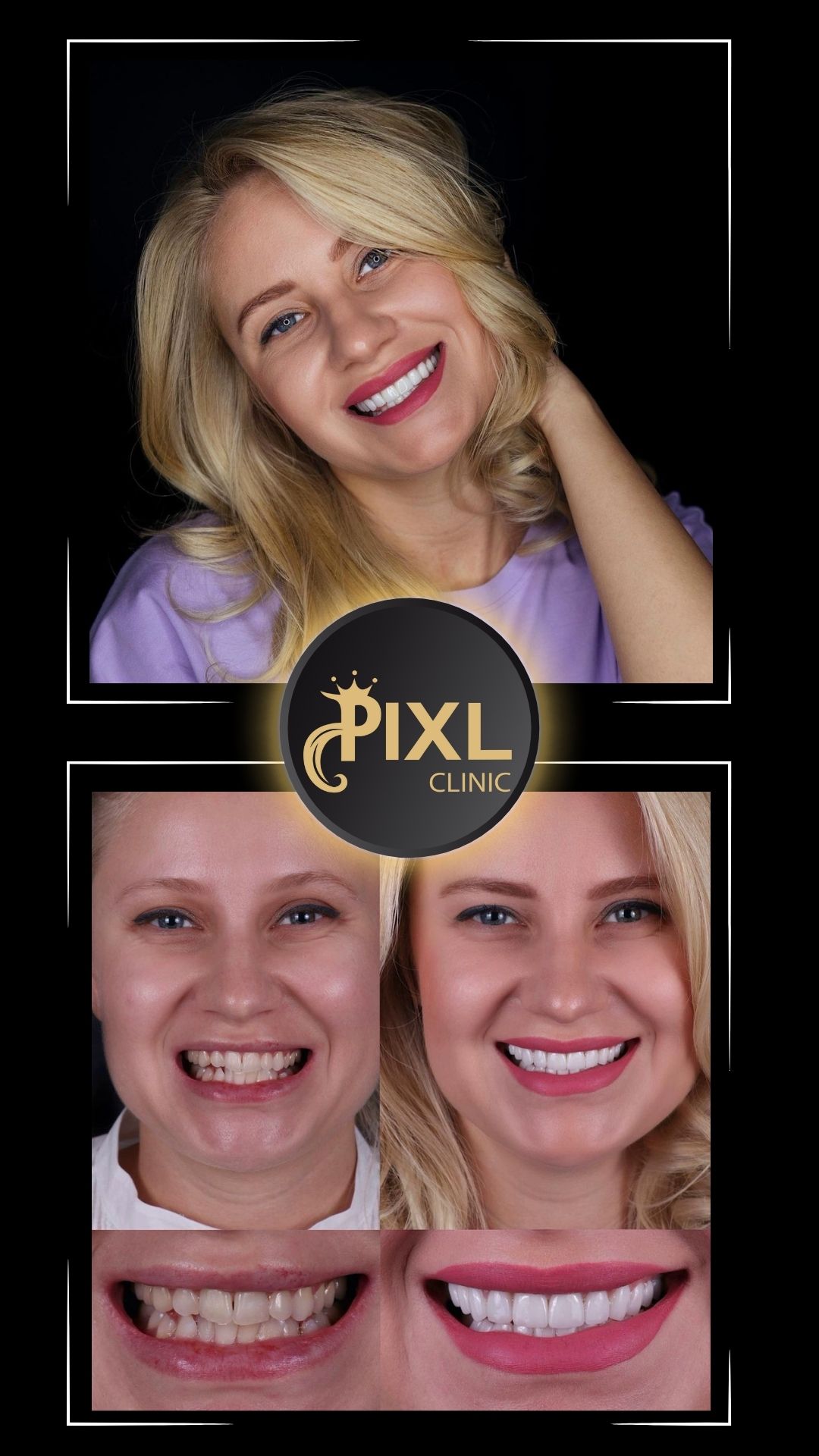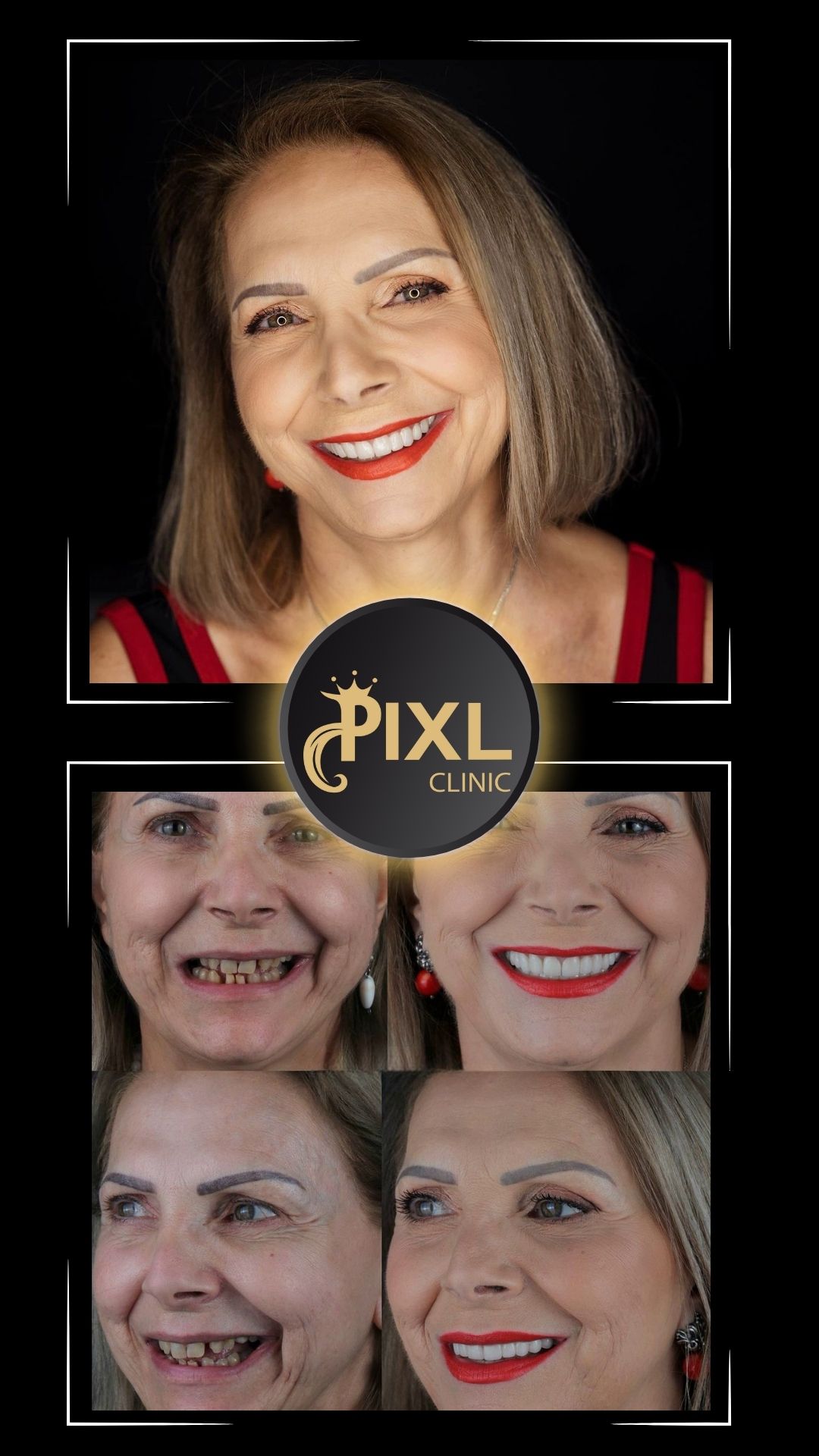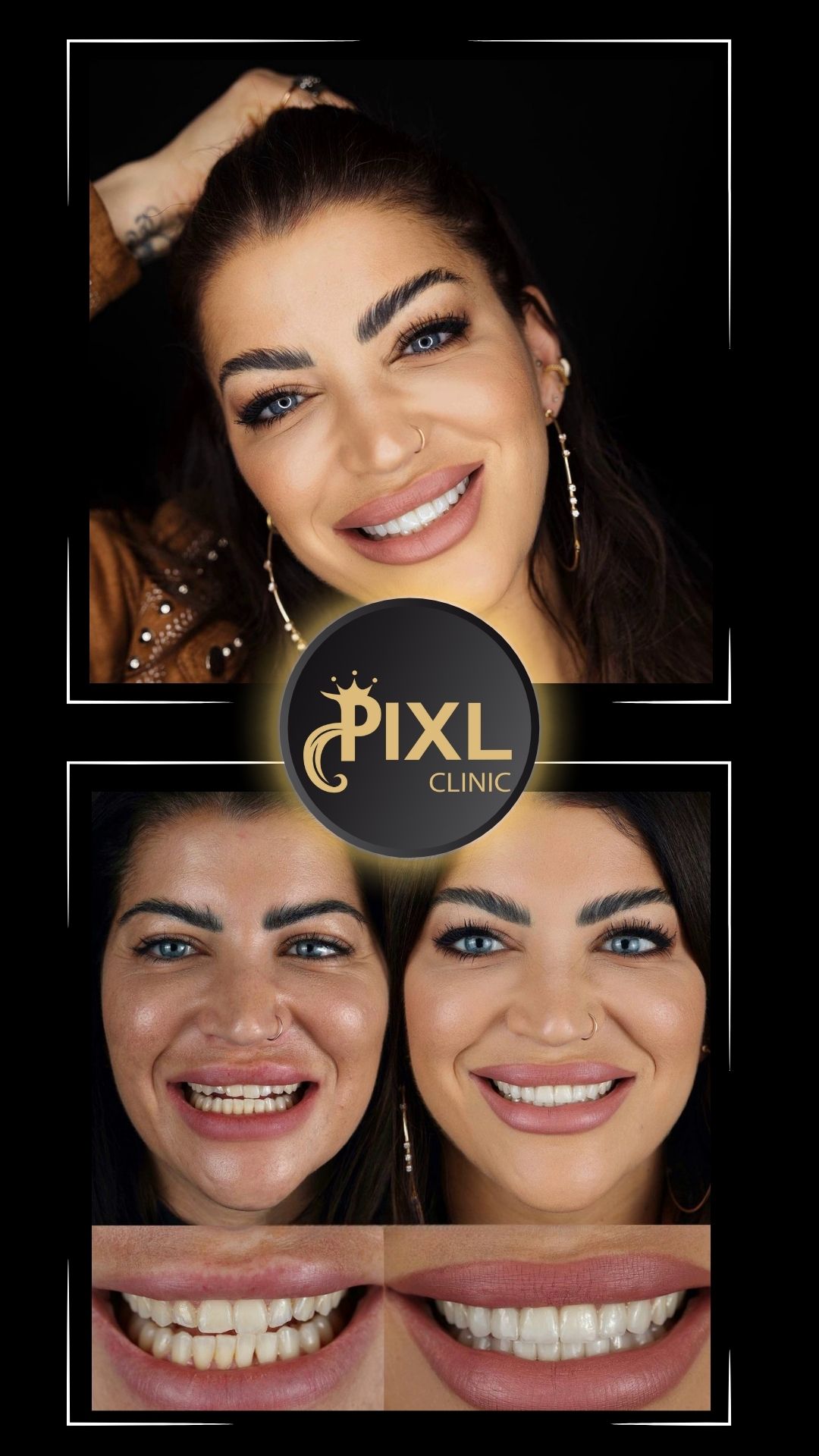Veneers vs. Crowns: Key Differences, Similarities, and Cost Comparison
When it comes to enhancing your smile or restoring damaged teeth, both veneers and crowns are popular dental options. While they serve similar purposes, there are key differences in their application, materials, longevity, and cost. Understanding these factors can help you make an informed decision tailored to your dental needs.
What Are Veneers?
Veneers are thin shells of tooth-colored materials, typically porcelain or composite resin, that are bonded to the front surface of your teeth. They are primarily cosmetic and are used to address issues like:
- Stained or discolored teeth that don’t respond to whitening.
- Chipped or cracked teeth.
- Minor misalignments or gaps between teeth.
- Irregularly shaped teeth.
Veneers are minimally invasive and require less removal of the tooth structure compared to crowns.

What Are Crowns?
Crowns, also known as caps, cover the entire tooth. They are typically used for restorative purposes and are ideal for:
- Protecting teeth weakened by decay or fractures.
- Restoring the structure of teeth after a root canal.
- Replacing large fillings when insufficient tooth structure remains.
- Supporting dental bridges or dental implants.
Crowns are thicker than veneers and provide more protection and durability.
Key Differences Between Veneers and Crowns
|
Feature |
Veneers |
Crowns |
|
Coverage |
Front surface of the tooth |
Entire tooth (360 degrees) |
|
Purpose |
Mainly cosmetic |
Restorative and cosmetic |
|
Thickness |
0.5–1 mm |
2–3 mm |
|
Tooth Preparation |
Minimal removal of enamel |
Significant removal of enamel and dentin |
|
Durability |
Less durable; prone to cracking under pressure |
Highly durable; withstands heavy forces |
|
Materials |
Porcelain, composite resin |
Porcelain, zirconia, gold, metal alloys |
|
Lifespan |
7–15 years |
10–15+ years |
|
Cost |
$300–$400 per tooth |
$200–$300 per tooth |
Similarities Between Veneers and Crowns
- Aesthetic Improvement: Both veneers and crowns can enhance the appearance of your teeth by correcting shape, size, and color.
- Customization: Both options are custom-made to match the color and contour of your natural teeth, ensuring a seamless blend.
- Materials Used: High-quality veneers and crowns are often made from porcelain or ceramic, which mimics the translucency of natural teeth.
- Professional Placement: Both require a skilled dentist to prepare the tooth, take impressions, and bond the restoration securely.
When to Choose Veneers
Veneers are ideal if:
- Your teeth are generally healthy, but you’re looking to improve their appearance.
- You have minor cosmetic issues like discoloration, small chips, or gaps.
- You prefer a minimally invasive procedure.
- You’re focused on enhancing your front teeth, which are visible when you smile.
When to Choose Crowns
Crowns are a better option if:
- Your tooth is severely damaged or decayed.
- You need structural support after a root canal.
- Your tooth has a large filling that needs replacement.
- You’re looking for a restoration that can withstand significant pressure (e.g., molars).
Cost Comparison: Veneers vs. Crowns
The cost of both veneers and crowns can vary widely based on factors like location, the dentist’s expertise, and the materials used. Here’s a breakdown:
Veneers:
- Porcelain veneers: $300–$400 per tooth
- Composite veneers: $150–$200 per tooth (less durable than porcelain)
Crowns:
- Porcelain crowns: $200–$250 per tooth
- Metal or gold crowns: $180–$240 per tooth
- Zirconia crowns: $200–$250 per tooth
Insurance coverage for crowns is often more generous than for veneers, as crowns are typically considered medically necessary rather than purely cosmetic.
Pros and Cons at a Glance
|
Treatment |
Pros |
Cons |
|
Veneers |
Natural-looking, minimally invasive |
Expensive, less durable, purely cosmetic |
|
Crowns |
Strong and durable, versatile |
Requires more tooth removal, higher cost |
How to Decide
- Consult a Dentist: A professional evaluation can help determine whether your needs are cosmetic or restorative.
- Consider Longevity: If durability and strength are priorities, crowns may be better.
- Weigh Costs: Budget considerations can also guide your decision.
Conclusion
Both veneers and crowns are effective dental solutions, but their applications differ significantly. Veneers are best for cosmetic improvements to healthy teeth, while crowns are ideal for restoring and protecting damaged teeth. A consultation with your dentist is the best way to determine the right option for your unique needs and goals.
Investing in either treatment can enhance your smile and boost your confidence, so make sure to weigh the pros, cons, and costs before deciding!
Veneers vs. Crowns FAQ
What is the main difference between veneers and crowns?
Veneers cover only the front surface of the tooth and are primarily cosmetic, while crowns encase the entire tooth and are used for both restorative and cosmetic purposes.
Are veneers more expensive than crowns?
Veneers and crowns can have overlapping costs depending on the materials used. On average:
- Veneers cost $300–$400 per tooth.
- Crowns cost $200–$300 per tooth.
Crowns may be partially covered by insurance if deemed medically necessary.
Which lasts longer: veneers or crowns?
Crowns generally last longer (10–15+ years) than veneers (7–15 years), as they are thicker and more durable.
Do veneers require the same tooth preparation as crowns?
No, veneers are less invasive, requiring only a thin layer of enamel removal. Crowns, however, require significant reduction of the tooth to fit over it.
Can I get veneers or crowns on all my teeth?
Yes, you can have veneers or crowns placed on multiple teeth. Veneers are often used for front teeth, while crowns are used for both front and back teeth.
Are veneers or crowns better for teeth grinding (bruxism)?
Crowns are more suitable for teeth grinders due to their strength and durability. Veneers are thinner and more prone to cracking under excessive pressure.
Do veneers and crowns look natural?
Both veneers and crowns are custom-made and can look very natural when crafted from high-quality materials like porcelain or ceramic.
Are veneers or crowns reversible?
Neither is reversible. Both treatments involve permanent alteration of your natural tooth structure.
How do I care for veneers or crowns?
- Maintain regular brushing and flossing.
- Avoid biting hard objects (e.g., ice, pens).
- Visit your dentist regularly for cleanings and checkups.
- Use a mouthguard if you grind your teeth.
Can veneers or crowns stain?
Porcelain veneers and crowns are stain-resistant. Composite veneers and crowns with exposed cement may stain over time.
Which option is better for severely damaged teeth?
Crowns are better for severely damaged or decayed teeth, as they restore structure and protect the entire tooth.
Are veneers or crowns covered by insurance?
Crowns are more likely to be covered, especially if the procedure is medically necessary. Veneers are usually considered cosmetic and are rarely covered.
Can veneers or crowns fix gaps between teeth?
Yes, both can close gaps, though veneers are a less invasive option for minor spacing issues.
How long does it take to get veneers or crowns?
- Veneers: Usually 2–3 appointments (consultation, preparation, bonding).
- Crowns: 2 visits for traditional crowns (preparation, placement) or 1 visit with same-day crown technology (e.g., CEREC).
What materials are used for veneers and crowns?
- Veneers: Porcelain or composite resin.
- Crowns: Porcelain, zirconia, gold, or metal alloys.
What happens if my veneer or crown breaks?
Visit your dentist immediately. Veneers may need replacement, while minor crown damage can sometimes be repaired.
Are there any alternatives to veneers or crowns?
- Veneers alternatives: Teeth whitening, dental bonding.
- Crowns alternatives: Inlays, onlays, or fillings (for minor damage).
Can veneers or crowns be combined in a treatment plan?
Yes, dentists often use veneers and crowns together for a comprehensive smile makeover or restorative treatment.
Do veneers or crowns hurt?
Both procedures are typically pain-free, as dentists use local anesthesia during tooth preparation. Mild sensitivity is possible afterward.
How do I decide between veneers and crowns?
Consult your dentist to evaluate your dental health, cosmetic goals, and budget. Veneers are best for aesthetics, while crowns offer stronger restorative benefits.

